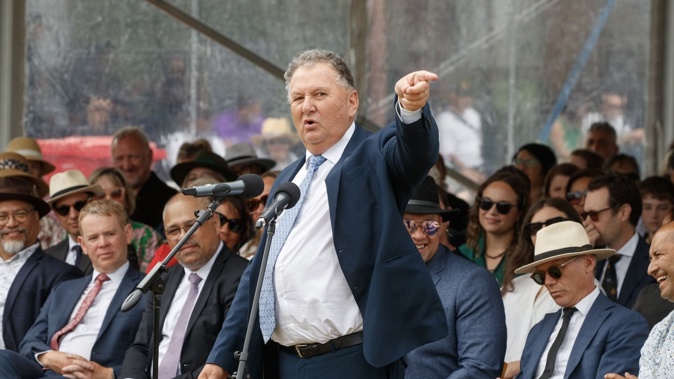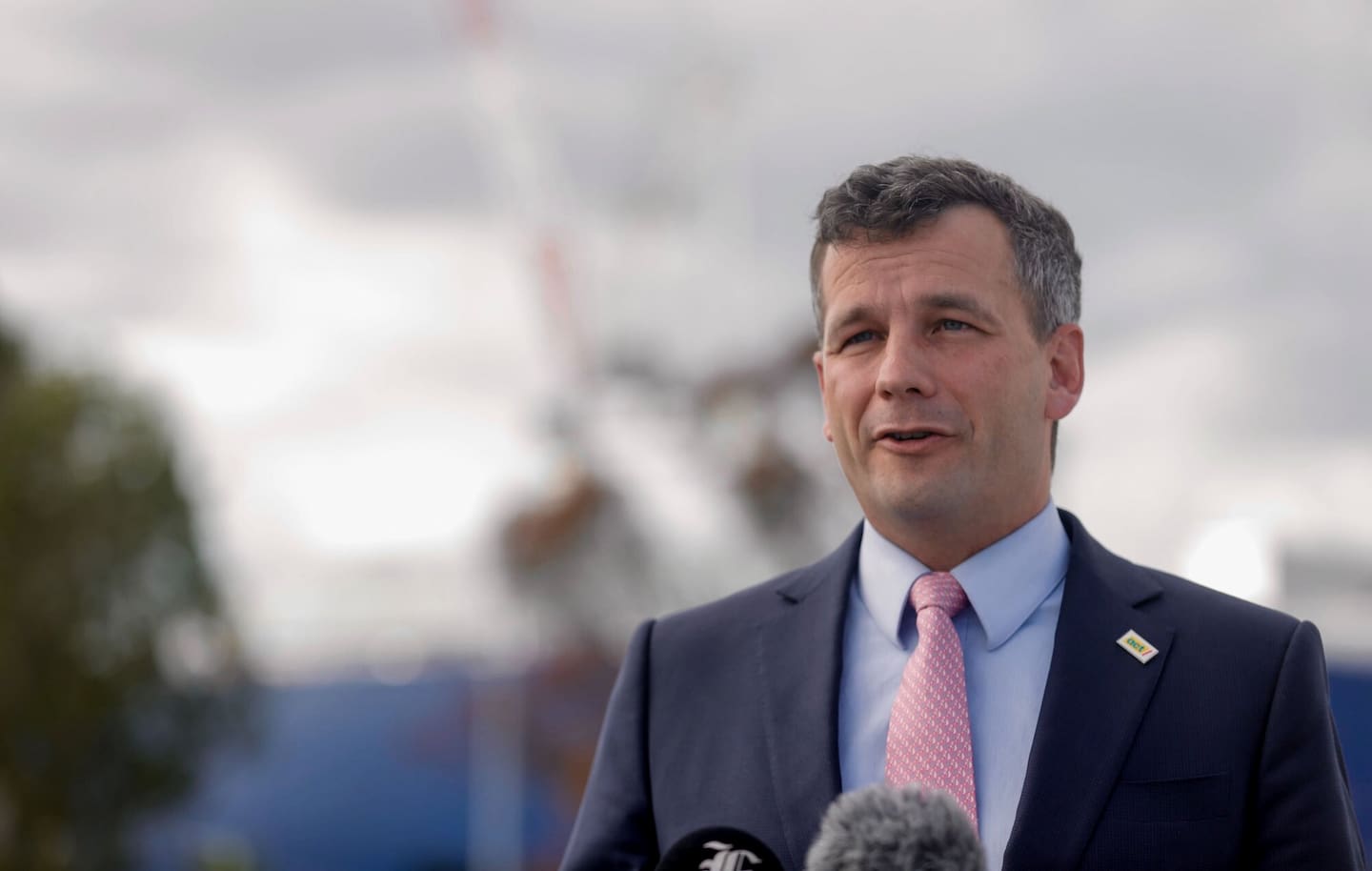
- Shane Jones says New Zealand First opposes co-governance for the Waitākere Ranges management.
- Jones argues the proposal contradicts NZ First’s coalition agreement with National, opposing co-governance of public services.
- Act leader David Seymour also opposes the plan, advocating for democratic management of the ranges.
MP Shane Jones says New Zealand First is stepping in to stop management of the Waitākere Ranges from morphing into co-governance.
Jones said NZ First’s coalition agreement with National calls for no more co-governance of public services, saying managing a reserve for the benefit of the public is a public service.
He is opposed to a proposal by Auckland councillors for the council, the Crown and tangata whenua to manage the Waitākere Ranges under a ‘Deed of Acknowledgement’.
Under the proposal, a decision-making committee would comprise 50% representation from tangata whenua, specifically West Auckland iwi Te Kawerau ā Maki, and 50% representation from Auckland Council and the Crown.
 NZ First MP Shane Jones. Photo / Mark Mitchell
NZ First MP Shane Jones. Photo / Mark Mitchell
The council says the ‘Deed of Acknowledgement’ is in line with the Waitākere Ranges Heritage Act 2008, and denies the proposal would amount to co-governance.
Jones said the act’s wording clearly states that tangata whenua should be consulted, “but there it stops”.
“A Deed of Acknowledgement doesn’t need a committee structure. It can just tick a few boxes, saying, ‘Yes, there are some historical associations, there are some midden heaps, some hangi pits’.
“But the native flora and fauna are a thing of beauty and were originally purchased for the entirety of Auckland.
“We will not agree with any Deed of Acknowledgement that represents an ideological mustard seed that will morph into a template for co-governance,” he said.
 ACT Party leader David Seymour. Photo/ Alex Burton
ACT Party leader David Seymour. Photo/ Alex Burton
Act leader David Seymour is also opposed to plans for a co-governed committee, saying the Waitākeres belonged to all Aucklanders and should be managed democratically.
“Auckland Council’s plan would see unelected decision-makers closing tracks and dictating land use in the surrounding rural areas,” he said.
Seymour said the Waitākere Ranges Heritage Area Act is a local act, which means any change to the legislation, such as a prohibition on co-governance arrangements, has to come from the elected council.
Jones said the Department of Conservation will be the Crown’s representative on the committee, and he will be raising the matter with Conservation Minister Tama Potaka. The matter will also be discussed at next week’s NZ First caucus to bring a Private Members Bill.
“Watch this space,” Jones said.
In response to NZ First and Act’s comments, the council’s planning committee chairman, Richard Hills, said the Waitākere Heritage Act was clear about the need to enter a deed of acknowledgement with the listed iwi.
The local boards and council unanimously supported that direction, he said.
“The deed of acknowledgement is not co-governance. I’m not sure why NZ First and ACT would say that. They should know what co-governance actually is as they just voted to set up a collective of iwi and Crown to co-manage Taranaki Maunga and the national park there only a few months ago.”
Hills said the Waitākere deed does “nothing of the sort”.
“Land ownership and decision-making for the Waitākere Ranges Regional Park stays with council, local boards, and DOC.”
 Auckland councillor Richard Hills. Photo / Dean Purcell
Auckland councillor Richard Hills. Photo / Dean Purcell
On social media, Hills said: “Te Kawerau ā Maki have been wanting this work to proceed for decades, and we are honouring the partnership and process that has been long expected.
“Their leadership came to me asking if this was the term we would act, and we said yes,” he said.
Consultation on the proposal closes today.
Take your Radio, Podcasts and Music with you









